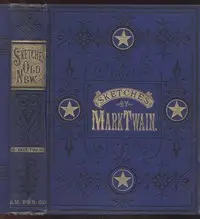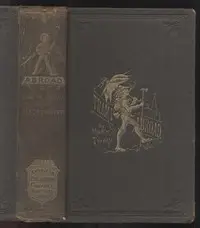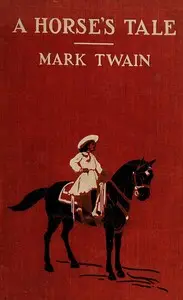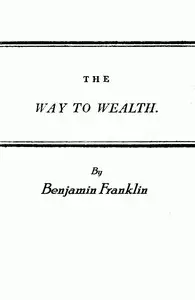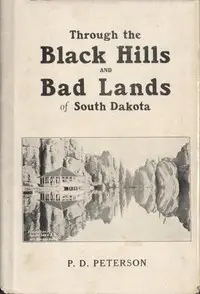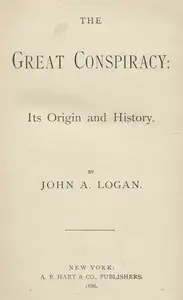"Life on the Mississippi, Part 7" by Mark Twain is a historical account written in the late 19th century. It chronicles Twain's experiences and observations along the Mississippi River, focusing primarily on the cultural and social dynamics of the regions he traverses. This particular part contains themes of memory, loss, and the passage of time as reflected through personal anecdotes and local history. In this segment, Twain recounts a harrowing narrative shared by a man named Karl Ritter, who details his past filled with tragedy and revenge. Ritter describes a horrific robbery that resulted in the murder of his wife and child, leading him to spend years tracking down the criminals responsible. He describes disguising himself as a fortune-teller in order to get close to one of the murderers, ultimately exacting his revenge in a chilling confrontation. Additionally, his tale intertwines with the history of various towns along the Mississippi, such as the now-vanished town of Napoleon, and explores the aftermath of the Civil War, showcasing the changes that have occurred both in people and places over the years. The overarching themes of memory and the impact of past actions provide a reflective lens on Twain's observations about life along the river. (This is an automatically generated summary.)
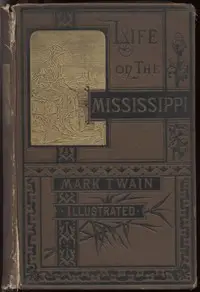
Life on the Mississippi, Part 7.
By Mark Twain
"Life on the Mississippi, Part 7" by Mark Twain is a historical account written in the late 19th century. It chronicles Twain's experiences and observ...
Samuel Langhorne Clemens, known by the pen name Mark Twain, was an American writer, humorist, and essayist. He was praised as the "greatest humorist the United States has produced," with William Faulkner calling him "the father of American literature." Twain's novels include The Adventures of Tom Sawyer (1876) and its sequel, Adventures of Huckleberry Finn (1884), with the latter often called the "Great American Novel." He also wrote A Connecticut Yankee in King Arthur's Court (1889) and Pudd'nhead Wilson (1894) and cowrote The Gilded Age: A Tale of Today (1873) with Charles Dudley Warner.



